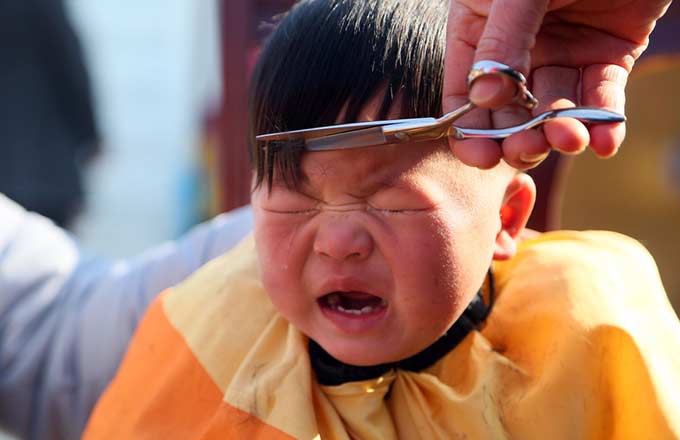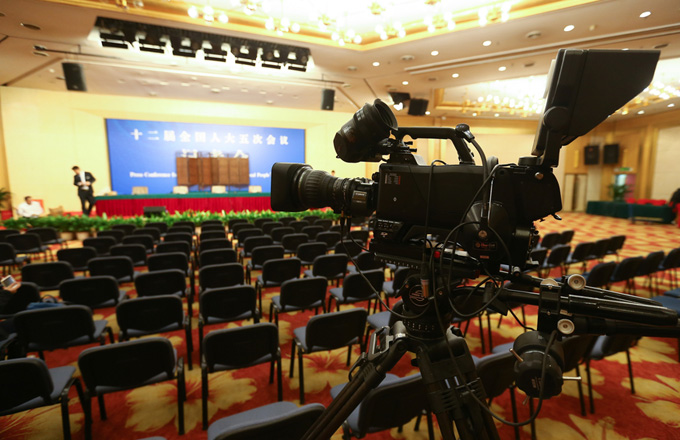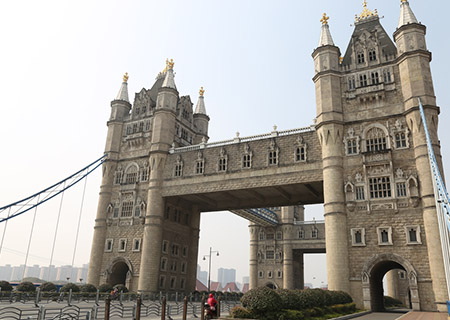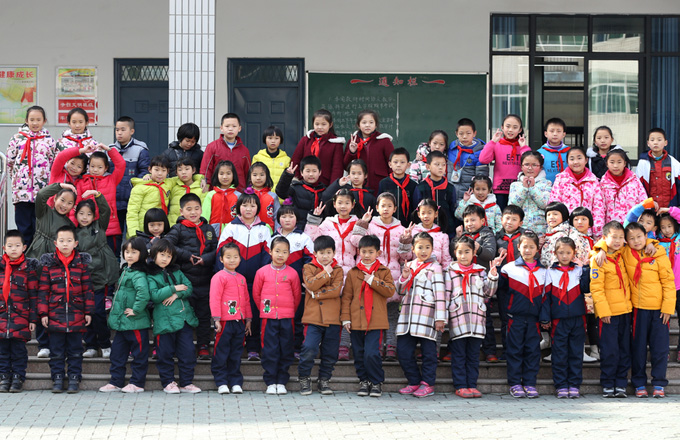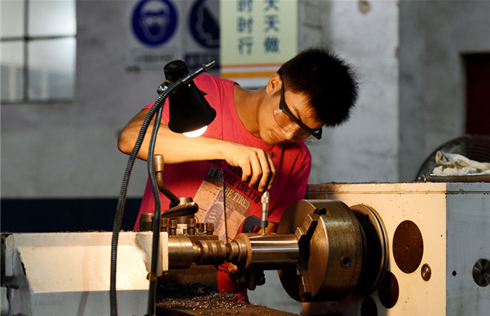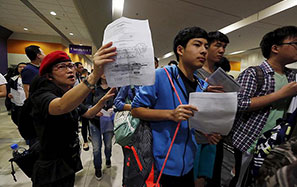China, Singapore agree to explore new potential
Moves to enhance cooperation will include Belt and Road work
China and Singapore agreed on Monday to focus their bilateral relationship on pragmatic cooperation and to explore potential in infrastructure, information technology and finance under the Belt and Road Initiative.
The consensus was reached when Vice-Premier Zhang Gaoli and his Singaporean counterpart, Teo Chee Hean, co-chaired a series of meetings in Beijing on Monday, including the 13th meeting of the China-Singapore Joint Council for Bilateral Cooperation.
Zhang said China highly values the China-Singapore relationship and is willing to work with Singapore to implement the consensuses that were reached and promote greater development of the ties.
Late on Monday, Foreign Minister Wang Yi met with his Singaporean counterpart, Vivian Balakrishnan, in Beijing.
Teo said Singapore is willing to participate in implementing the Belt and Road Initiative, deepen bilateral cooperation in such areas as interconnectivity and finance, and provide training for a third country.
According to the Foreign Ministry, the two officials also made plans for development of three intergovernmental cooperation projects in Suzhou, Tianjin and Chongqing.
In an interview with Xinhua News Agency before Teo began his visit to China on Sunday, he said Singapore has been China's friend as well as a supporter of China's peaceful development. He also said Singapore has always adhered to the one-China policy.
Additionally, Teo said Singapore welcomed Chinese companies to bid for the construction of the high-speed railway linking Singapore and Kuala Lumpur, Malaysia.
Li Guoqiang, deputy director of the Chinese Academy of Social Sciences' Institute of Chinese Borderland Studies, said China and Singapore have maintained a relatively good relationship, although the ties experienced some setbacks due to Singapore's previous behavior and remarks on the South China Sea issue.
"Frictions are unavoidable for any two-way relationship, and cooperation is an important method to solve them," he said.
Xu Liping, a researcher of Southeast Asian Studies at the Chinese Academy of Social Sciences, said the two countries' development strategies are complementary and they are now adjusting their relationship to focus on cooperation.
"Steady cooperation in the future will depend on whether both sides respect the core interests of the other side," he said.
Jia Duqiang, another senior researcher of Southeast Asia studies at the Chinese Academy of Social Sciences, said the high-speed railway could be a good point of cooperation between the two countries.






